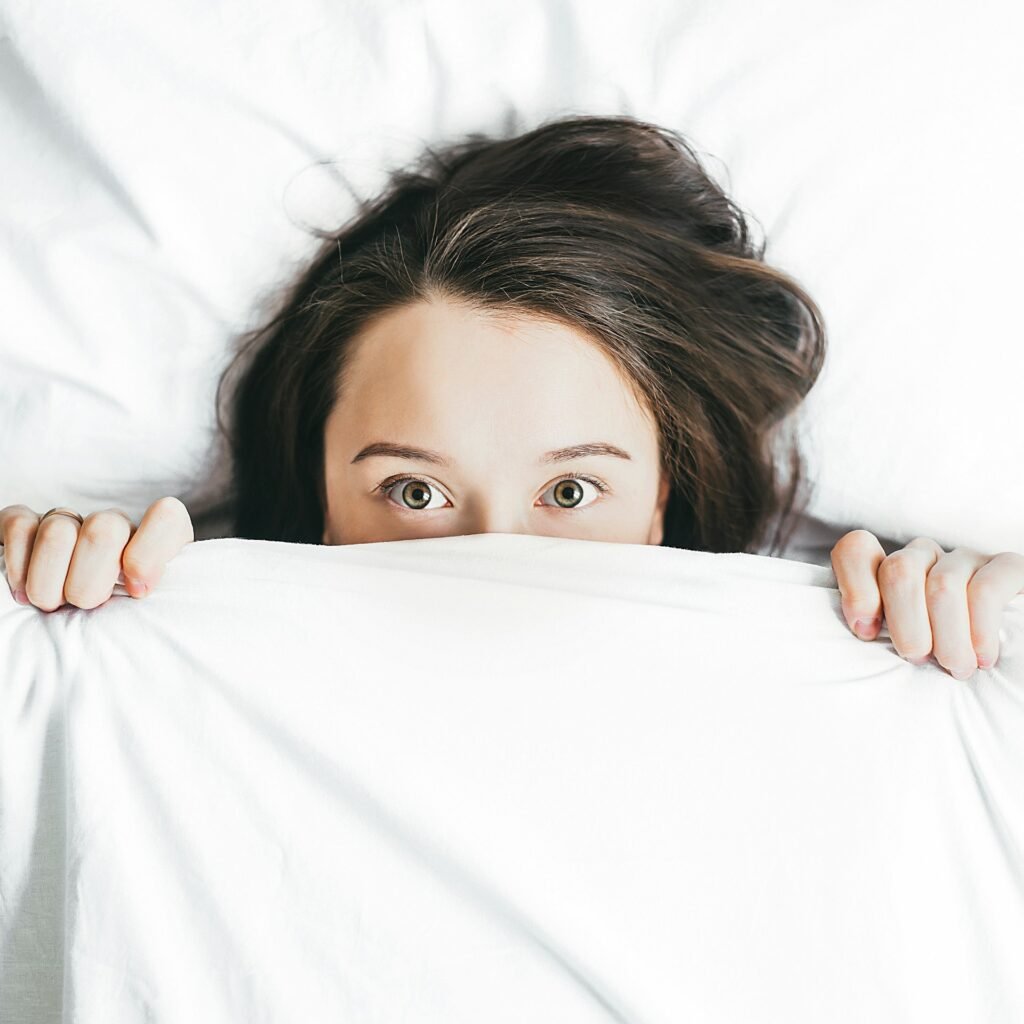Introduction
Sleep is an essential biological function that allows the body and mind to rest, recover, and perform optimally. Despite its significance, many people struggle with poor sleep due to modern lifestyles, stress, and unhealthy habits. Sleep hygiene refers to the set of practices and environmental factors that contribute to quality rest. Understanding the science behind sleep hygiene can help individuals adopt habits that promote restful sleep and overall well-being.
This article explores the importance of sleep hygiene, the scientific principles behind it, and practical steps to improve sleep quality.
The Importance of Sleep Hygiene
1. What Is Sleep Hygiene?
Sleep hygiene encompasses a variety of behaviors, routines, and environmental settings that support restful sleep. It includes maintaining a consistent sleep schedule, creating a comfortable sleep environment, and avoiding habits that disrupt sleep quality.
2. Why Does Sleep Hygiene Matter?
Poor sleep hygiene can lead to sleep disorders, chronic fatigue, and decreased cognitive function. Long-term sleep deprivation has been linked to serious health conditions such as heart disease, diabetes, obesity, and mental health disorders. By prioritizing good sleep hygiene, individuals can enhance their overall health, productivity, and emotional well-being.
The Science Behind Sleep Hygiene
1. The Sleep Cycle and Circadian Rhythm
The body’s internal clock, known as the circadian rhythm, regulates sleep-wake patterns. This rhythm is influenced by external factors such as light exposure and lifestyle habits. Disruptions to the circadian rhythm, such as irregular sleep schedules or excessive screen time, can lead to poor sleep quality.
2. Stages of Sleep
Sleep occurs in cycles, each consisting of different stages:
- Non-REM Sleep: Includes light and deep sleep phases that help the body recover.
- REM Sleep: The stage where dreaming occurs and memory consolidation happens.
Each sleep cycle lasts about 90 minutes, and multiple cycles are needed for restorative sleep.
3. The Role of Melatonin
Melatonin is a hormone that regulates sleep. It is naturally produced in response to darkness, signaling the body to prepare for sleep. Exposure to artificial light, particularly from screens, can disrupt melatonin production and delay sleep onset.
4. The Impact of Stress on Sleep
Stress triggers the release of cortisol, a hormone that keeps the body alert. High cortisol levels at night can make it difficult to fall asleep. Relaxation techniques, such as meditation and deep breathing, can help lower cortisol levels and promote restful sleep.
Key Components of Good Sleep Hygiene
1. Maintaining a Consistent Sleep Schedule
Going to bed and waking up at the same time every day helps regulate the body’s internal clock. Even on weekends, consistency is crucial for maintaining a stable sleep pattern.
2. Creating a Sleep-Friendly Environment
The bedroom environment plays a significant role in sleep quality. Ideal conditions include:
- A cool, dark, and quiet room
- Comfortable mattress and pillows
- Minimal electronic distractions
3. Limiting Screen Time Before Bed
Blue light emitted by screens interferes with melatonin production. To improve sleep, it is recommended to avoid screens at least one hour before bedtime or use blue light filters.
4. Managing Diet and Nutrition
Certain foods and beverages can impact sleep:
- Caffeine and Nicotine: Stimulants that keep the brain alert and should be avoided before bedtime.
- Heavy Meals: Large meals close to bedtime can cause discomfort and disrupt sleep.
- Herbal Teas and Magnesium-Rich Foods: Chamomile tea and foods like nuts and leafy greens promote relaxation.
5. Regular Physical Activity
Exercise has been shown to improve sleep quality by reducing stress and regulating circadian rhythms. However, intense workouts close to bedtime may have the opposite effect.
6. Developing a Relaxing Bedtime Routine
Engaging in calming activities before bed helps signal the body that it is time to sleep. Activities such as reading, listening to soothing music, and practicing mindfulness can aid relaxation.
Common Sleep Disorders and Their Connection to Sleep Hygiene
1. Insomnia
Insomnia is the inability to fall or stay asleep. Poor sleep hygiene, stress, and irregular sleep schedules are common contributors to this disorder.
2. Sleep Apnea
A condition characterized by interrupted breathing during sleep, sleep apnea can be worsened by poor lifestyle habits. Weight management and a consistent sleep routine can help mitigate its effects.
3. Restless Leg Syndrome (RLS)
RLS causes an uncontrollable urge to move the legs, often disrupting sleep. Proper sleep hygiene and relaxation techniques can alleviate symptoms.
4. Narcolepsy
A neurological disorder that affects the brain’s ability to regulate sleep-wake cycles, narcolepsy may require lifestyle adjustments and medical intervention for management.
The Link Between Sleep Hygiene and Mental Health
1. Sleep and Anxiety
Lack of sleep increases stress levels and can contribute to anxiety disorders. A stable sleep routine helps regulate emotions and reduce anxiety symptoms.
2. Depression and Sleep Patterns
Disruptions in sleep are common in individuals with depression. Implementing sleep hygiene practices can improve mood and overall mental health.
3. Cognitive Function and Memory Retention
Quality sleep is essential for brain function, memory retention, and decision-making. Poor sleep hygiene can impair cognitive abilities and decrease productivity.
Tips for Improving Sleep Hygiene
- Set a fixed sleep and wake-up time.
- Avoid caffeine and heavy meals before bed.
- Reduce screen exposure at night.
- Create a relaxing bedtime routine.
- Keep the bedroom dark, quiet, and comfortable.
- Engage in regular exercise but avoid late-night workouts.
- Manage stress with mindfulness and relaxation techniques.
- Limit naps to 20-30 minutes during the day.
- Avoid alcohol and nicotine close to bedtime.
- Seek professional help if sleep problems persist.
Conclusion
Sleep hygiene is a fundamental aspect of overall health and well-being. By understanding the science behind sleep and adopting effective habits, individuals can enhance their sleep quality and improve daily performance. Prioritizing consistent routines, a sleep-friendly environment, and relaxation techniques can lead to long-term benefits, ensuring restful and rejuvenating sleep. As sleep research continues to evolve, applying these evidence-based practices will remain crucial in achieving optimal rest and health.

